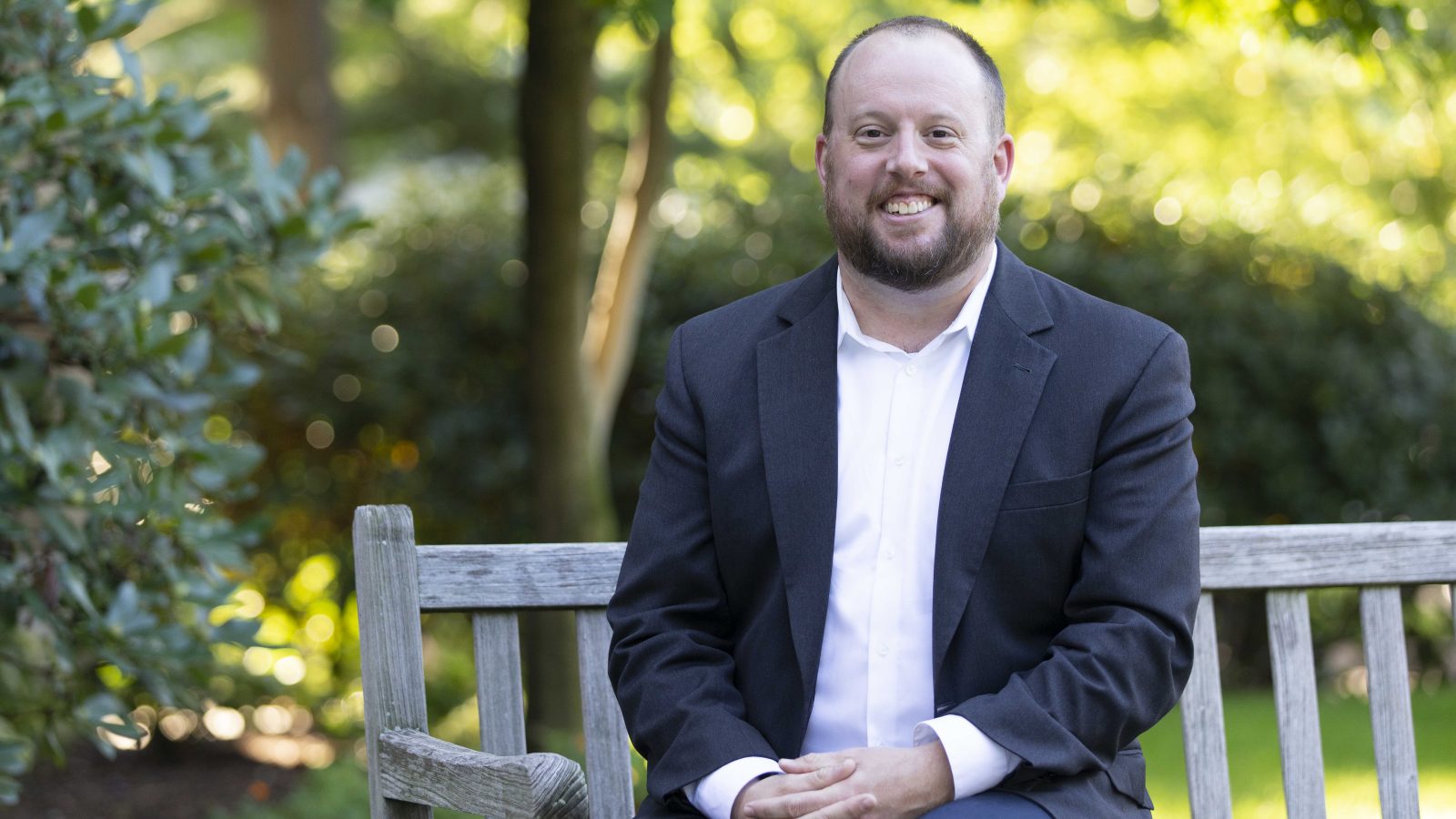The Boston Globe: Prof. Miller Discusses New Co-Op’s Effect on Food Insecure Households

After spending decades as a “food desert” with little-to-no access to healthy grocery shopping options, Dorchester, Mass. is slated to open a food co-op staffed by local residents. Prof. Dan Miller from BU School of Social Work recently talked to The Boston Globe about the impact the new business will have on the community, and why it’s a step in the right direction for addressing food insecurity.
Excerpt from “A Decade in the Making, Dorchester Food Co-Op Eyes July Opening,” by Daniel Kool:
 In Dorchester and Roxbury, that kind of community-oriented investment is a rarity, according to Dan P. Miller, associate professor at Boston University’s School of Social Work, and director of the school’s PhD program. He said that part of Boston has ‘suffered from historic levels of disinvestment.’
In Dorchester and Roxbury, that kind of community-oriented investment is a rarity, according to Dan P. Miller, associate professor at Boston University’s School of Social Work, and director of the school’s PhD program. He said that part of Boston has ‘suffered from historic levels of disinvestment.’
‘And what that shows up as is lack of access to supermarkets for a substantial portion of the people,’ Miller said. ‘Having a community-run, cooperative grocery store that people can go to, that’s good.’
Nearly one-quarter of Roxbury households are food insecure — more than anywhere else in Boston — and so are 18.1 percent of Dorchester households, according to the city’s Food Access Agenda, released in 2021.
Currently, neighborhood residents have only a handful of options for their grocery shopping, and even fewer that are healthy. Miller added that people living in food deserts face issues beyond just nutrition, including spending excess time and money traveling to and from grocery stores in different neighborhoods. He said that food insecurity is a problem ‘decades and decades in the making,’ and eliminating it entirely will require more solutions like the co-op.
‘We need these kinds of co-ops and other ways to help create some cracks in the armor a little,’ Miller said. ‘But I think if we’re going to really meaningfully change people’s experience of food insecurity, it’s going to have to be a large-scale, federal effort or a really substantial reconfiguration of the way that we get food to people.’”